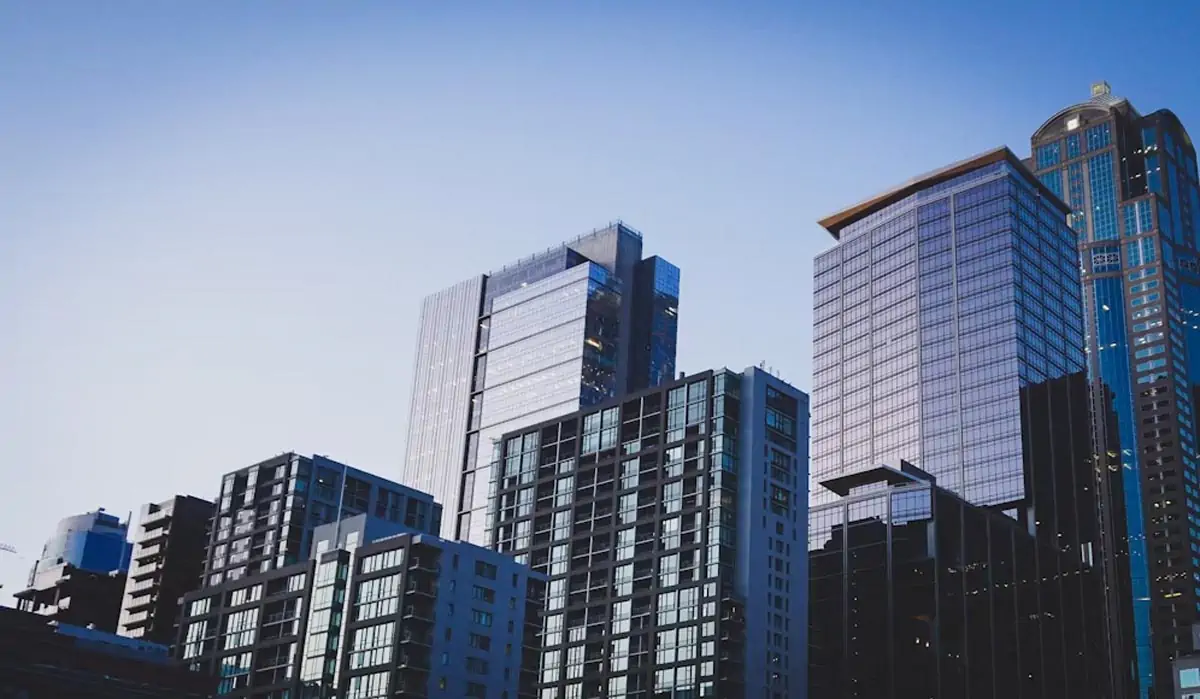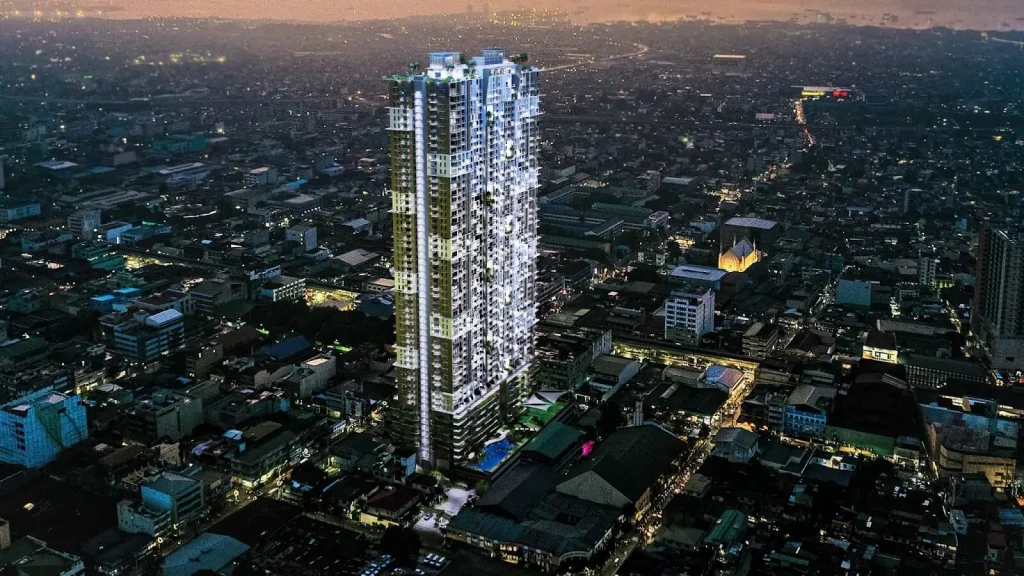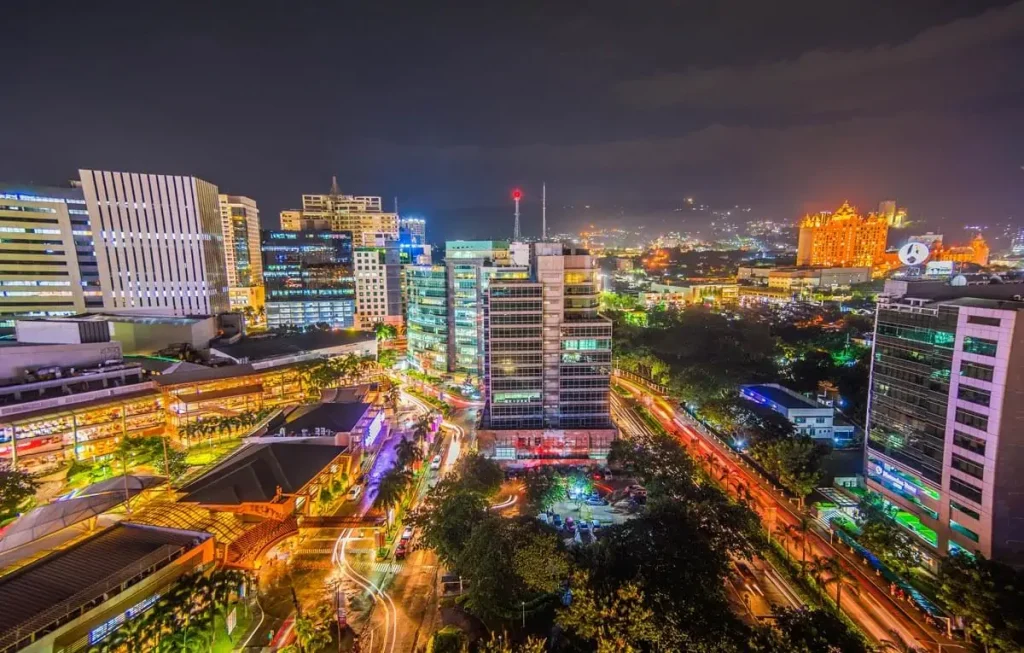Real estate in the Philippines has always been a dynamic market, with the real estate industry standing out as the cornerstone of its economic landscape. Residential real estate continues to be the most significant segment of the Philippine market, catering to the growing demand for affordable housing among the young and growing population with rising incomes.
DMCI Homes Leasing, a leading real estate company in the Philippines, offers a wide range of properties for rent with pre-selling and rent-to-own options in premier locations. Renters and buyers considering a condo can benefit from the company's expert leasing services and extensive property portfolio.
In this article, we will discuss growing investment opportunities in the residential real estate industry in the Philippines and how DMCI Homes Leasing can help you take advantage of them.
Is it good to invest in real estate in the Philippines?
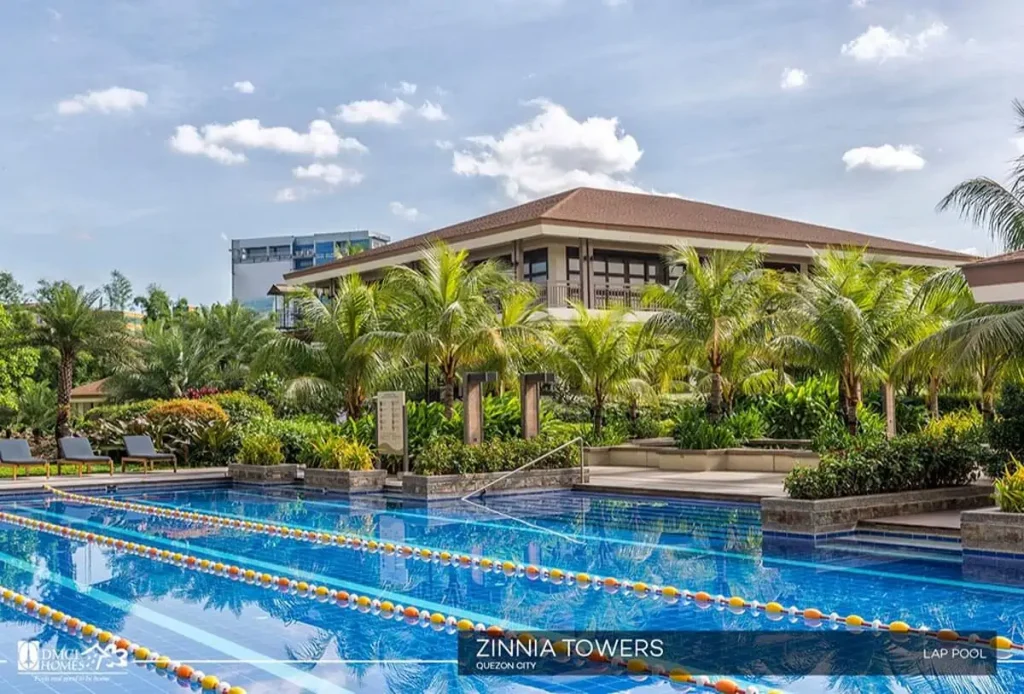 Photo Courtesy of DMCI Homes Leasing
Photo Courtesy of DMCI Homes Leasing
Investing in real estate in the Philippines can be a lucrative opportunity. The country's real estate market has shown consistent growth over the years, driven by factors such as a growing population, rising incomes, and increasing urbanization.
One of the key advantages of investing in different types of properties in Philippine real estate is the potential for high returns. Property values have been steadily increasing, especially in prime locations. Additionally, rental yields are attractive, making real estate a viable investment option.
Furthermore, the Philippine government has implemented various initiatives to promote foreign investment in the real estate sector. These include the Real Estate Investment Trust (REIT) Act, which allows investors to participate in the real estate market through publicly traded companies.
However, like any investment, there are risks involved in real estate. It is essential to conduct thorough research, assess market conditions, and seek professional advice before making any investment decisions.
Is real estate booming in the Philippines?
The real estate industry in the Philippines has experienced significant growth in recent years. Aside from a young and growing population, rising incomes, and the growing demand for affordable housing, several other factors contribute to the current real estate boom in the Philippines.
- Infrastructure development - The government's focus on infrastrupadding-left:2rem;cture projects has played a crucial role. Ongoing and planned developments such as new roads, bridges, and public transportation systems enhance connectivity and accessibility, making certain areas more attractive for real estate investment.
- Foreign investments -Increased interest from foreign investors in the Philippine real estate market has brought in capital for large-scale projects. This not only boosts the economy, but also contributes to the expansion and modernization of the real estate sector.
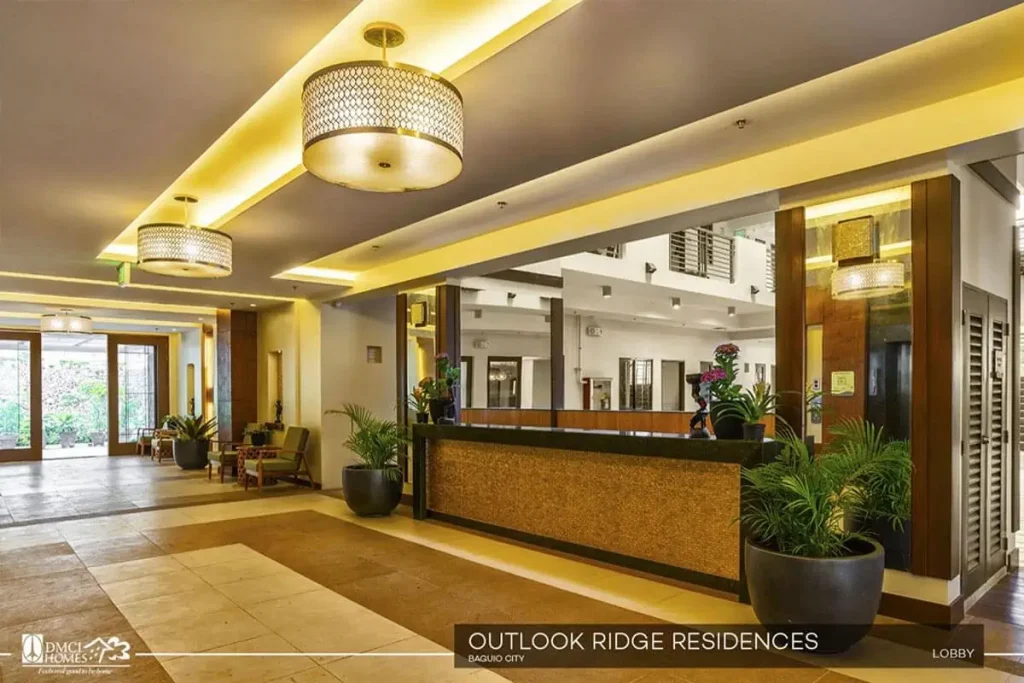 Outlook Ridge Residences lobby
Outlook Ridge Residences lobby
Photo courtesy of DMCI Homes - BPO industry growth - The growth of the Business Process Outsourcing (BPO) industry has led to an increased demand for office spaces, especially in key business districts. The demand for office spaces has a ripple effect on the overall real estate market, driving up property values.
- Tourism impact - The Philippines' popularity as a tourist destination has grown, leading to a rise in demand for vacation homes, hotels, and rental properties. The tourism sector's expansion contributes significantly to the real estate boom, particularly in tourist-friendly areas.
These factors contribute to the vibrancy of the Philippine real estate market, creating opportunities for investors and developers alike.
According to data from the Bangko Sentral ng Pilipinas (BSP), the real estate sector has been one of the fastest-growing industries in the Philippines. The sector's contribution to the country's gross domestic product (GDP) has been steadily increasing, indicating its importance to the overall economy.
Furthermore, the COVID-19 pandemic has highlighted the importance of having a safe and comfortable home. Many individuals and families are now prioritizing homeownership, leading to increased demand for residential properties.
However, it is important to note that the real estate market can be cyclical, and there may be periods of slowdown or adjustment. It is crucial for investors to stay informed about market trends and make informed decisions based on their investment goals and risk tolerance.
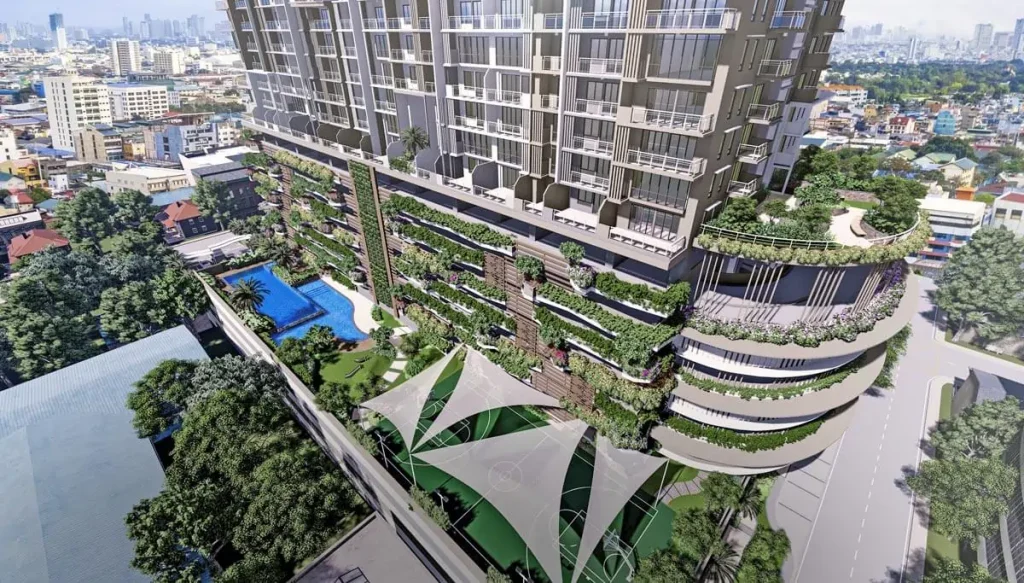 The Calinea Tower
The Calinea Tower
Photo courtesy of DMCI Homes
The current real estate landscape
The Philippine real estate sector operates within a dynamic environment shaped by a multitude of factors, both internal and external. In recent years, the industry has faced various challenges that have influenced its growth trajectory. Among these challenges and recovery progress are;
Market challenges
The Philippine real estate industry faces several challenges that impact its growth and development. These challenges include:
- Regulatory constraints -Lengthy approval processes and complex land ownership laws, can hinder the development of real estate projects.
- Infrastructure limitations - Inadequate transportation systems and insufficient utilities, can also affect the attractiveness of certain locations for real estate investments.
- Affordability - While there is a growing demand for affordable housing, the supply is limited, leading to higher property prices. This affordability gap poses a challenge for both developers and potential buyers or renters.
 Torre De Manila
Torre De Manila
Photo courtesy of DMCI Homes Leasing
Recovery progress
Despite the challenges, the real estate market in the Philippines is thriving with its resilience and recovery progress. The government has implemented various measures to address economic challenges and promote the growth of the sector.
Infrastructure development projects, such as the Build, Build, Build program, aim to improve transportation systems and utilities, making certain locations more attractive for real estate investments. The government has also implemented reforms to streamline approval processes and make it easier for developers to start and complete projects.
Additionally, there are initiatives to address the affordability issue in the real estate housing market. The government has implemented socialized housing programs and incentives for developers to build affordable housing units. These efforts aim to bridge the affordability gap and provide more options for potential buyers or renters.
Now, as we step into the next section, we will take a closer look at the unique factors that make this market so appealing.
The allure of Philippine residential real estate
The allure of Philippine residential real estate properties lies in the economic and demographic factors driving its growth. Several factors contribute to the attractiveness of the market:
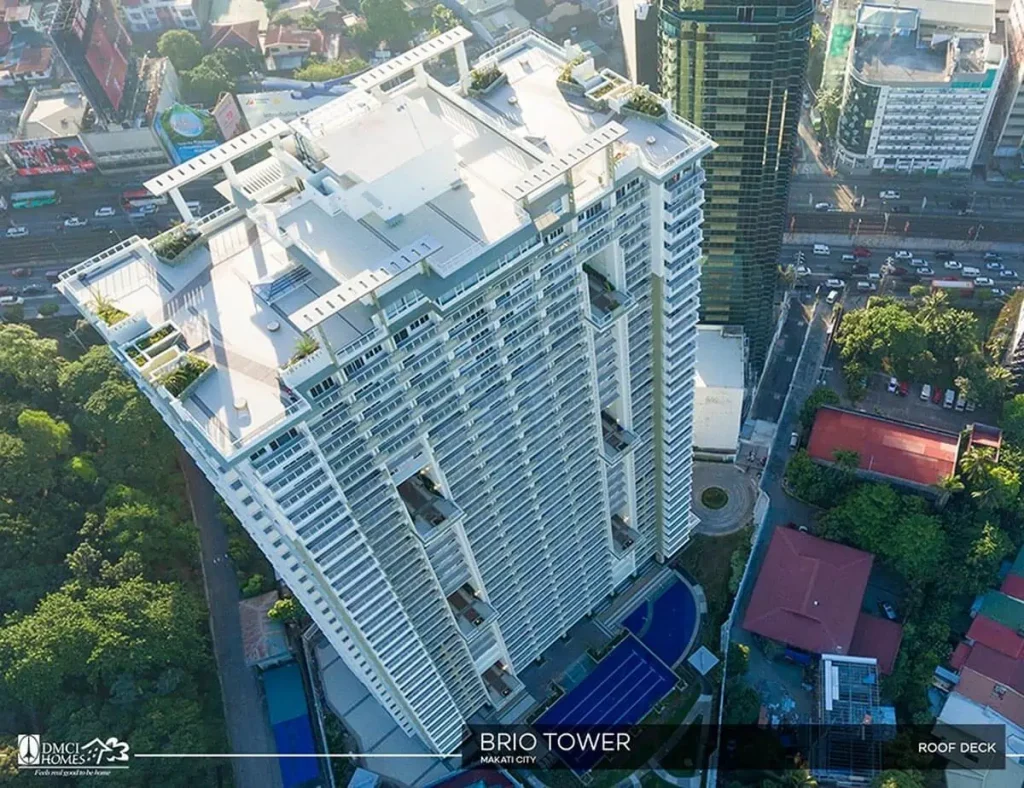 Brio Tower
Brio Tower
Photo courtesy of DMCI Homes Leasing
Economic factors
- Economic growth - The Philippine economy has been growing steadily, creating opportunities for employment and income growth. This economic stability and growth contribute to the demand for residential properties.
- Urbanization - The country's urban areas are experiencing rapid growth, leading to increased demand for housing. As more people move to cities for better job opportunities and amenities, the demand for residential properties continues to rise.
- Remittances - Overseas Filipino workers (OFWs) contribute significantly to the Philippine economy through remittances. OFW remittances often go towards housing investments, driving the demand for residential properties.
Demographic factors
- Youthful population - The Philippines has a young population, with a significant portion in the working-age group. This demographic trend creates a strong demand for housing, particularly among millennials and young professionals.
- Rising incomes - As incomes rise, individuals and families have more purchasing power, enabling them toinvest in residential properties. The increasing middle class in the Philippines contributes to the demand for housing.
- Urban migration - Rural-to-urban migration is a common trend in the Philippines, as individuals seek better job opportunities and access to amenities. This migration pattern drives the demand for housing in urban areas.
Now, let’s delve into the latest real estate trends and strategies that will help you capitalize on the thriving Philippine residential real estate housing market.
Real estate trends: Staying ahead of the curve
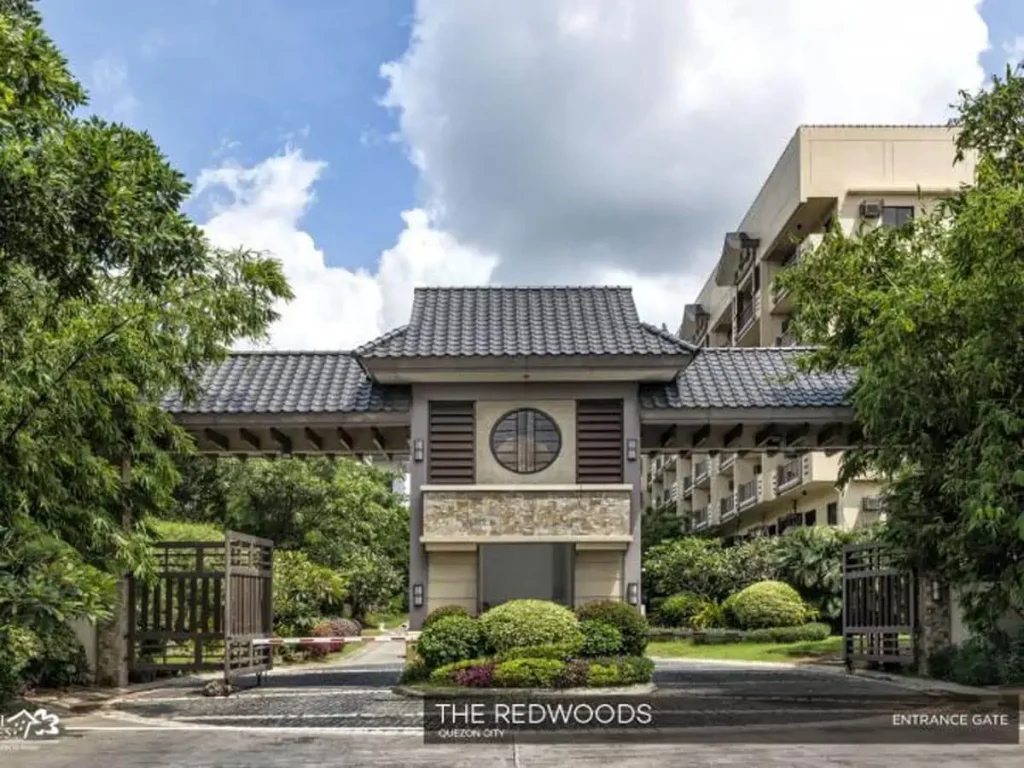 The Redwoods
The Redwoods
Photo courtesy of DMCI Homes Leasing
The real estate landscape in the Philippines has consistently shown its resilience over the years. Amid global challenges, the residential sector in the Philippines is brimming with potential, presenting a plethora of opportunities for investors and homebuyers alike. As we stride into 2024, there are several trends and factors which are set to shape the industry. Let's delve deeper into these trends and discover the significance of the properties offered by DMCI Homes Leasing services in this evolving market.
Key factors that generally impact the real estate housing market
- Interest rates - Historically, a reduction in interest rates has made borrowing cheaper, encouraging more individuals to invest in real estate.
- Job growth -The employment landscape in the Philippines has seen improvement, and as more Filipinos secure jobs, the purchasing power to invest in properties grows.
- Demographics -The burgeoning middle class and the young population in the Philippines drive demand. Millennials, in particular, are now looking for homes that suit their evolving lifestyles.
- Inventory -DMCI Homes Leasing services, among others, have been addressing the challenge of limited housing inventory by developing diverse properties catering to various segments.
- Affordability -The Philippines offers competitive property prices, making it appealing not just for locals but also for foreign investors.
- New vs. existing sales -The allure of new properties with modern amenities is strong, especially with developments from brands like DMCI Homes Leasing services that emphasize quality and sustainability.
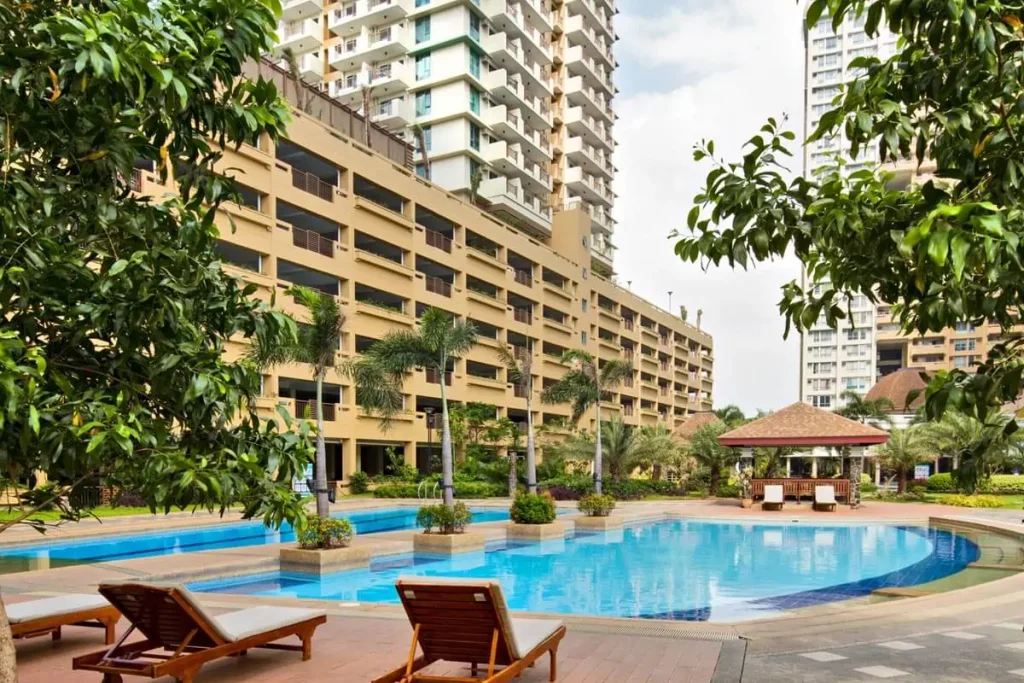 Tivoli Garden Residences
Tivoli Garden Residences
Photo courtesy of DMCI Homes Leasing
6 reasons why demand remains strong in 2024
The Philippines' real estate market is expected to keep going strong in 2024, thanks to a number of factors that support steady demand. This strong demand is likely to change the real estate market and affect choices about investments. There are six main reasons why the real estate market is strong.
- Low interest rates - With Bangko Sentral ng Pilipinas maintaining accommodative monetary policies, borrowing remains affordable, bolstering real estate investments.
- Millennial demand - This demographic is reaching an age where they're thinking about settling down and purchasing their first homes. Therefore, millennial demand for sustainable and tech-integrated homes cannot be overlooked.
- Limited housing supply - The current supply does not meet the increasing demand, causing a surge in property values and rents.
- Remote work trend - The COVID-19 pandemic has made remote work a norm. People are looking for homes that can also serve as comfortable workspaces, leading to a shift in housing preferences.
- Immigration and population growth - The Philippines continues to see both domestic population growth and an influx of foreign expatriates and retirees, creating a steady demand for residential spaces.
- Economic recovery -As the Philippines bounces back from global economic challenges, improved financial stability will naturally lead to stronger real estate demand.
Emerging trends in the industry
Sustainability - The climate crisis has spurred developers to integrate green building practices. DMCI Homes Leasing services stands out in the real estate market with a distinctive focus on eco-friendly designs and sustainable amenities, setting itself apart through innovative features like Lumiventt technology. This proprietary design innovation is exclusive to DMCI Homes properties, making their buildings unique and environmentally conscious.
Technology - The integration of smart home technology, virtual property tours, and AI-driven property management systems are shaping the future of real estate in the country.
One prominent player leading the way in this technological revolution is DMCI Homes, offering prospective buyers an innovative and convenient way to explore their future homes.
DMCI Homes has embraced the power of virtual tours, providing a 360-degree immersive experience for potential homeowners. The Oriana virtual tour is one of their premier developments, offering a captivating experience. This virtual tour allows potential buyers to explore the Oriana's features and ambiance without leaving the comfort of their homes.
Moreover, DMCI Homes offers a standard unit virtual tour, giving interested individuals a detailed look at the layout and design of their units.
Tying it all together, it's evident that the residential real estate market in the Philippines holds immense promise. With trusted developers like DMCI Homes Leasing services paving the way with their diverse property offerings, investors and homebuyers have much to look forward to.
Looking ahead to a thriving real estate industry
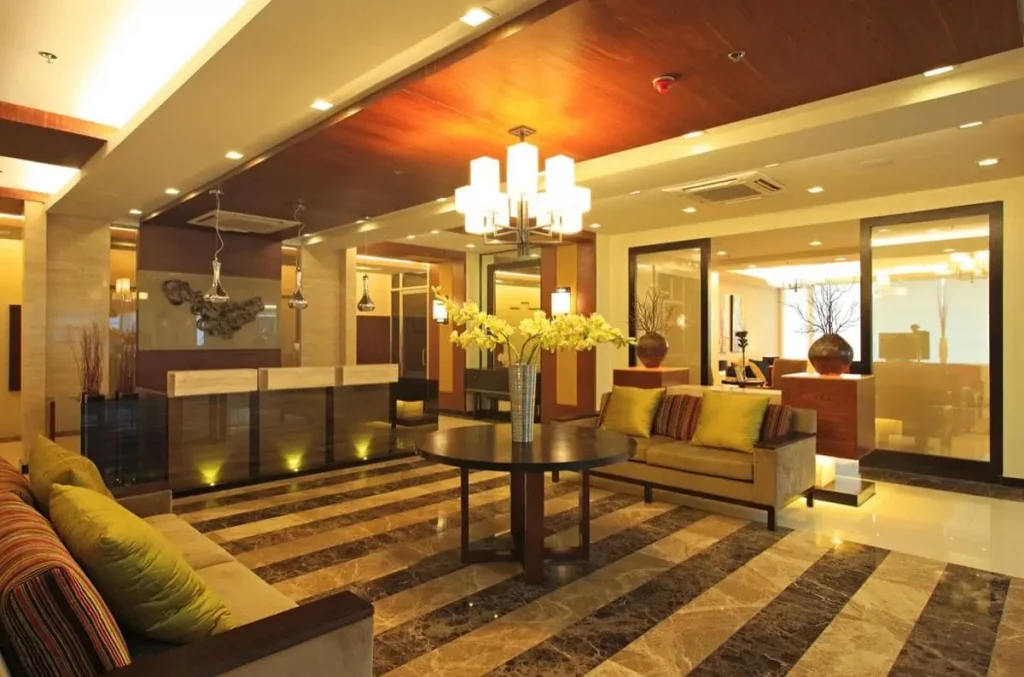 Illumina Residences
Illumina Residences
Photo Courtesy of DMCI Homes
Understanding that the world of real estate isn't static is pivotal. It morphs, shifts, and evolves, often more rapidly than we expect. These transformations are typically driven by demographic changes, technological progressions, economic nuances, and rising environmental consciousness. By acknowledging this continual metamorphosis, those involved in the real estate domain – from developers to investors – stand a greater chance of thriving in this dynamic arena. Embracing change, after all, often spells the difference between stagnation and growth.
A recent article titled "Bricks and Bountiful Returns: Philippine Real Estate Gears Up for a ‘Landmark Year in 2024" highlights the potential golden era the Philippine real estate market is entering. It paints a picture of a sector buzzing with activity, innovation, and high returns. Another noteworthy piece, "Recovery in Residential; Residents Rethinking Choices," delves into the profound shifts in residential preferences, with a focus on the Filipino populace re-evaluating what they truly value in a home.
The essence captured in these articles underscores the importance of three crucial traits for success in the evolving real estate industry: adaptation, innovation, and resilience.
- Adaptation -The industry's ability to tailor its strategies based on emerging trends and challenges is crucial. With shifts in preferences due to global phenomena, understanding and adapting to these new paradigms becomes essential.
- Innovation - Leveraging technological advancements not only enhances operational efficiency but also addresses the changing needs of the market. From virtual property tours to energy-efficient homes, innovation is the name of the game.
- Resilience -As history has shown, the real estate sector in the Philippines, while subject to ups and downs, has always demonstrated remarkable resilience. By staying committed and focused, the industry has repeatedly bounced back from challenges stronger than before.
As we wrap up this discourse on the future of the Philippine real estate industry, it's clear that the road ahead, while filled with challenges, is also rife with opportunities.
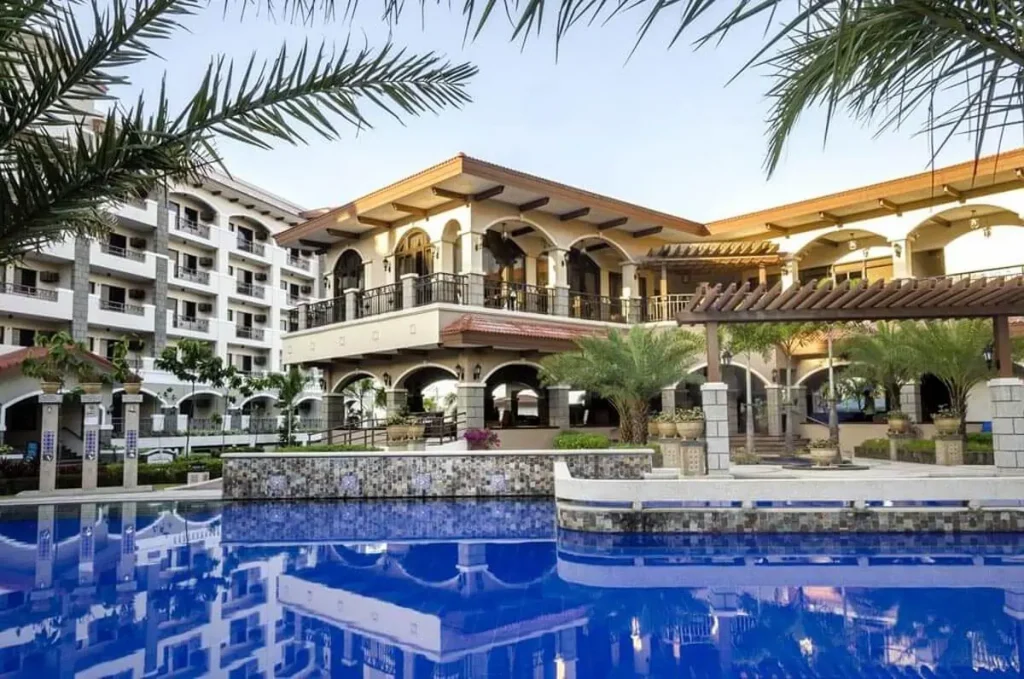 Maricielo Villas
Maricielo Villas
Photo Courtesy of DMCI Homes
Key takeaways
After delving deep into the Philippine real estate industry's nuances, several insights crystallize about its current dynamics and future potential. Let’s distill our discussion into actionable insights:
- Embrace evolving dynamics. It's important to accept that the real estate market is always changing so it's important to be aware of and adapt to these changes.
- Anticipate strong demand. The promise of 2024 is significant, with factors like millennial choices and a rebounding economy propelling the market forward.
- Ask questions. Fearlessly seek guidance from the experts at DMCI Homes Leasing. We are here to support you through this challenging yet rewarding process, so don't hesitate to reach out and inquire today.
To stay informed about DMCI Homes, and our Leasing options, be sure to follow our social media accounts to receive timely updates: Facebook, Twitter, Instagram, and YouTube.






